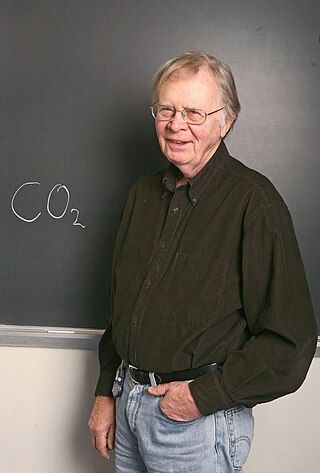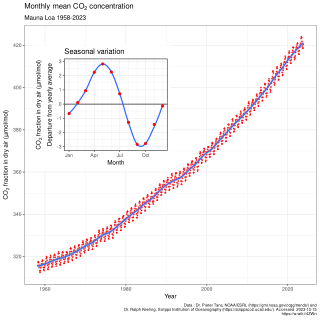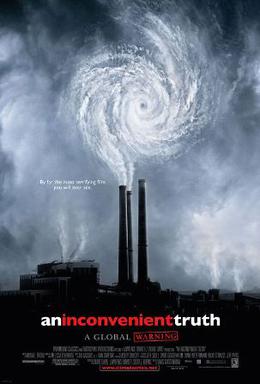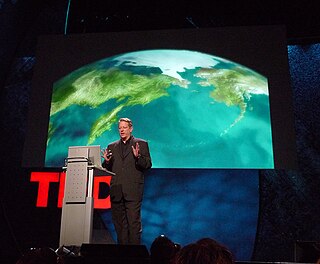
Bert Rickard Johannes Bolin was a Swedish meteorologist who served as the first chairman of the Intergovernmental Panel on Climate Change (IPCC), from 1988 to 1997. He was professor of meteorology at Stockholm University from 1961 until his retirement in 1990.

James Jude Orbinski is a Canadian physician, humanitarian activist, author and leading scholar in global health. Orbinski was the 2016-17 Fulbright visiting professor at the University of California, Irvine, and as of September 1, 2017, he is professor and inaugural director of the Dahdaleh Institute of Global Health Research at York University in Toronto, Ontario, Canada. He was previously the CIGI Chair in Global Health Governance at the Balsillie School of International Affairs and Wilfrid Laurier University (2012-2017), Chair of Global Health at the Dalla Lana School of Public Health (2010-2012) and full professor at the Faculty of Medicine, University of Toronto (2003-2012), where he was the founding Saul Rae Fellow at Massey College. Orbinski's current research interests focus on the health impacts of climate change, medical humanitarianism, intervention strategies around emerging and re-emerging infectious diseases, and global health governance.

Sir John Theodore Houghton was a Welsh atmospheric physicist who was the co-chair of the Intergovernmental Panel on Climate Change's (IPCC) scientific assessment working group which shared the Nobel Peace Prize in 2007 with Al Gore. He was the lead editor of first three IPCC reports. He was professor in atmospheric physics at the University of Oxford, former Director General at the Met Office and founder of the Hadley Centre.

Wallace "Wally" Smith Broecker was an American geochemist. He was the Newberry Professor in the Department of Earth and Environmental Sciences at Columbia University, a scientist at Columbia's Lamont–Doherty Earth Observatory and a sustainability fellow at Arizona State University. He developed the idea of a global "conveyor belt" linking the circulation of the global ocean and made major contributions to the science of the carbon cycle and the use of chemical tracers and isotope dating in oceanography. Broecker popularized the term "global warming". He received the Crafoord Prize and the Vetlesen Prize.

Sheila Watt-Cloutier is a Canadian Inuk activist. She has been a political representative for Inuit at the regional, national and international levels, most recently as International Chair for the Inuit Circumpolar Council. Watt-Cloutier has worked on a range of social and environmental issues affecting Inuit, most recently, persistent organic pollutants and global warming. She has received numerous awards and honours for her work, and has been featured in a number of documentaries and profiled by journalists from all media. Watt-Cloutier sits as an adviser to Canada's Ecofiscal Commission. She is also a senior fellow at the Centre for International Governance Innovation.

Charles David Keeling was an American scientist whose recording of carbon dioxide at the Mauna Loa Observatory confirmed Svante Arrhenius's proposition (1896) of the possibility of anthropogenic contribution to the greenhouse effect and global warming, by documenting the steadily rising carbon dioxide levels. The Keeling Curve measures the progressive buildup of carbon dioxide, a greenhouse gas, in the atmosphere.

Roger Randall Dougan Revelle was a scientist and scholar who was instrumental in the formative years of the University of California, San Diego and was among the early scientists to study anthropogenic global warming, as well as the movement of Earth's tectonic plates. UC San Diego's first college is named Revelle College in his honor.

An Inconvenient Truth is a 2006 American documentary film directed by Davis Guggenheim about former United States Vice President Al Gore's campaign to educate people about global warming. The film features a slide show that, by Gore's own estimate, he has presented over 1,000 times to audiences worldwide.

Albert Arnold Gore Jr. is an American politician, businessman, and environmentalist who served as the 45th vice president of the United States from 1993 to 2001 under President Bill Clinton. He previously served as a United States Senator from Tennessee from 1985 to 1993 and as a member of the U.S. House of Representatives from 1977 to 1985. Gore was the Democratic nominee for president of the United States in the 2000 presidential election, which he lost to George W. Bush.

Steven Chu is an American physicist and former government official. He is a Nobel laureate and was the 12th U.S. secretary of energy. He is currently the William R. Kenan Jr. Professor of Physics and Professor of Molecular and Cellular Physiology at Stanford University. He is known for his research at the University of California, Berkeley, and his research at Bell Laboratories and Stanford University regarding the cooling and trapping of atoms with laser light, for which he shared the 1997 Nobel Prize in Physics with Claude Cohen-Tannoudji and William Daniel Phillips.

Susan Solomon is an American atmospheric chemist, working for most of her career at the National Oceanic and Atmospheric Administration (NOAA). In 2011, Solomon joined the faculty at the Massachusetts Institute of Technology, where she serves as the Ellen Swallow Richards Professor of Atmospheric Chemistry & Climate Science. Solomon, with her colleagues, was the first to propose the chlorofluorocarbon free radical reaction mechanism that is the cause of the Antarctic ozone hole.

Al Gore is a United States politician who served successively in the House of Representatives, the Senate, and as the Vice President from 1993 to 2001. In the 1980s and 1990s, he promoted legislation that funded an expansion of the ARPANET, allowing greater public access, and helping to develop the Internet.

Al Gore is an American politician and environmentalist. He was vice president of the United States from 1993 to 2001, the Democratic Party's presidential nominee in 2000, and the co-recipient of the 2007 Nobel Peace Prize with the Intergovernmental Panel on Climate Change. He has been involved with the environmental activist movement for a number of decades and has had full participation since he left the vice-presidency in 2001.
The Cal Poly Pomona College of Environmental Design is a college part of the California State Polytechnic University, Pomona. The college houses over 1,600 students; making it one of largest environmental design programs in the United States. The college offers bachelor's degrees in five departments, as well as three master's degree programs. It is the only academic unit within the California State University system to be associated with a Pritzker Prize laureate.

Eugenia Enriqueta Kalnay is an Argentine meteorologist and a Distinguished University Professor of Atmospheric and Oceanic Science, which is part of the University of Maryland College of Computer, Mathematical, and Natural Sciences at the University of Maryland, College Park in the United States.
The Roger Revelle Medal is given out annually by the American Geophysical Union to recognize "outstanding accomplishments or contributions toward the understanding of the Earth’s atmospheric processes, including its dynamics, chemistry, and radiation; and toward the role of the atmosphere, atmosphere-ocean coupling, or atmosphere-land coupling in determining the climate, biogeochemical cycles, or other key elements of the climate system". The award was created in 1991 and named after Roger Revelle.
Rattan Lal is a soil scientist. His work focuses on regenerative agriculture through which soil can help resolve global issues such as climate change, food security and water quality. He is considered a pioneer in soil-centric agricultural management to improve global food security and develop climate-resilient agriculture.

















